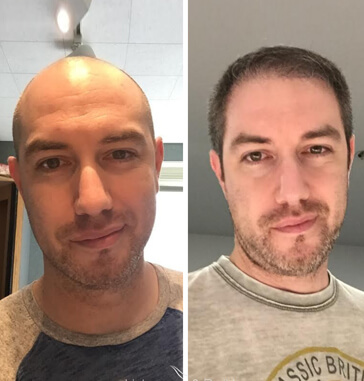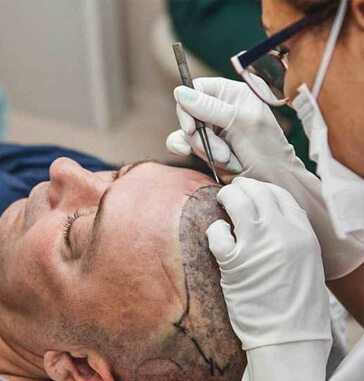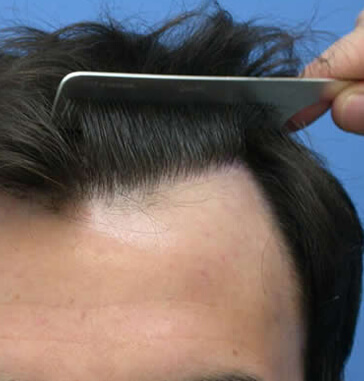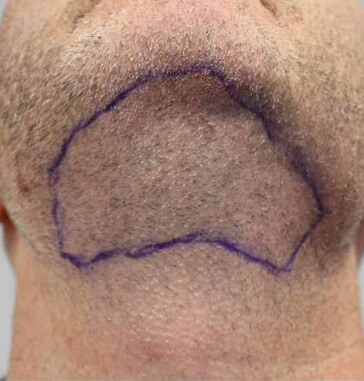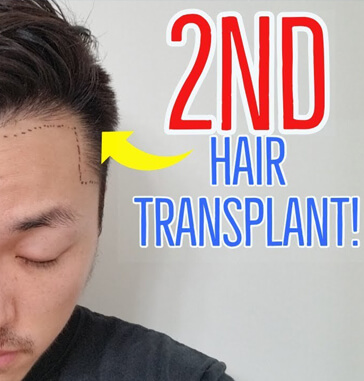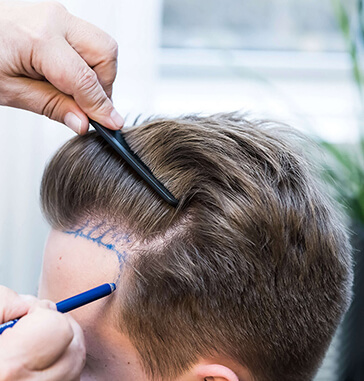Do Women Need A Hair Transplant?
Baldness and hair transplants are mostly considered to be men’s issues; however, women can have serious hair loss, too although it is more common in men. Female hair loss can be caused by a variety of reasons from nutritional deficiencies to alopecia areata; however, the most common cause of female hair loss is androgenetic alopecia, which is also called female pattern hair loss.
Androgenetic alopecia causes diffuse hair shedding and hair thinning in women. It is not generally located in any area of the head but there may be more intense hair loss on the crown. Female pattern hair loss is the female equivalent of male pattern hair loss. They are considered to be related to genetics and hormones. Men usually need a hair transplant if they are affected by male pattern hair loss; however, most women do not need it since they are only partially affected by this type of hair shedding. So if your hair loss is not severe, you probably do not need a female hair transplant. Also, there are things to consider before a hair transplant for women to make sure if you are eligible for the operation.
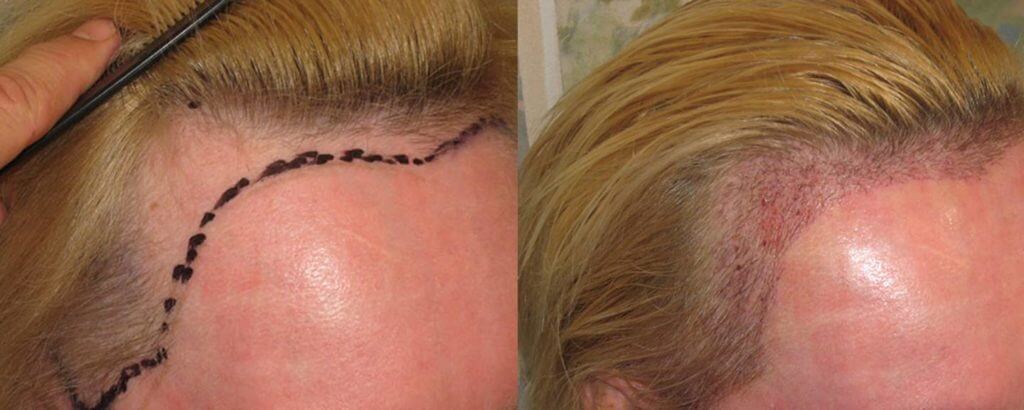
Cause Of Your Hair Loss
Both men and women should take the cause of hair loss into account before deciding to have a hair transplant. Not every type of hair loss can be recovered with hair transplants. Your doctor will first diagnose the type of hair loss you suffer from and then will inform you if you are a good candidate for hair restoration surgery. If you suffer from alopecia areata, you had better try other treatment options such as medications since alopecia areata can return and cause widespread hair loss again after the surgery
Donor Area
If you do not have a sufficient amount of hair follicles on your donor area for whatever reason, you may not provide good results from the surgery. The donor area is where your doctor will take hair follicles to implant into the bald areas of your scalp. The donor area is generally your neck because the hair follicles in this area are resistant to androgens, male hormones that may be responsible for female pattern hair loss. However, other hairy areas of your body such as the pubic area can also be used as a donor site if your doctor finds it ok.
Realistic Expectations
Do you have realistic expectations after the surgery or you imagine changing your hair completely that could not be achieved by a simple hair transplant. For instance, there will be a limited amount of grafts that can be transplanted in one session ( generally enough to cover bald patches ). Plus, your hair structure will not change after the hair transplantation. So you should discuss your wishes and expectations with your doctor to make sure that they can satisfy them.
Avoid Smoking And Alcohol
Let’s assume your doctor says you can have this surgery. You will then need to prepare for it even though it is a minor surgery. For instance, you should avoid both smoking and alcohol for a healthy recovery period following the surgery. Alcohol can cause nutritional deficiencies, which may adversely affect the healing process of the hair follicles. Smoking disrupts healthy blood circulation to the hair follicles, which may interrupt the transfer of necessary nutrients to the scalp.
Medication Use
If you have a serious disease and you have to be on medications, then any kind of surgery may not be safe for you. Especially blood thinners should be avoided one week before the surgery. Otherwise, there is a risk of uncontrolled bleeding during and after surgery. So you should let your doctor know one week before the surgery if you have to use any kind of medication.

